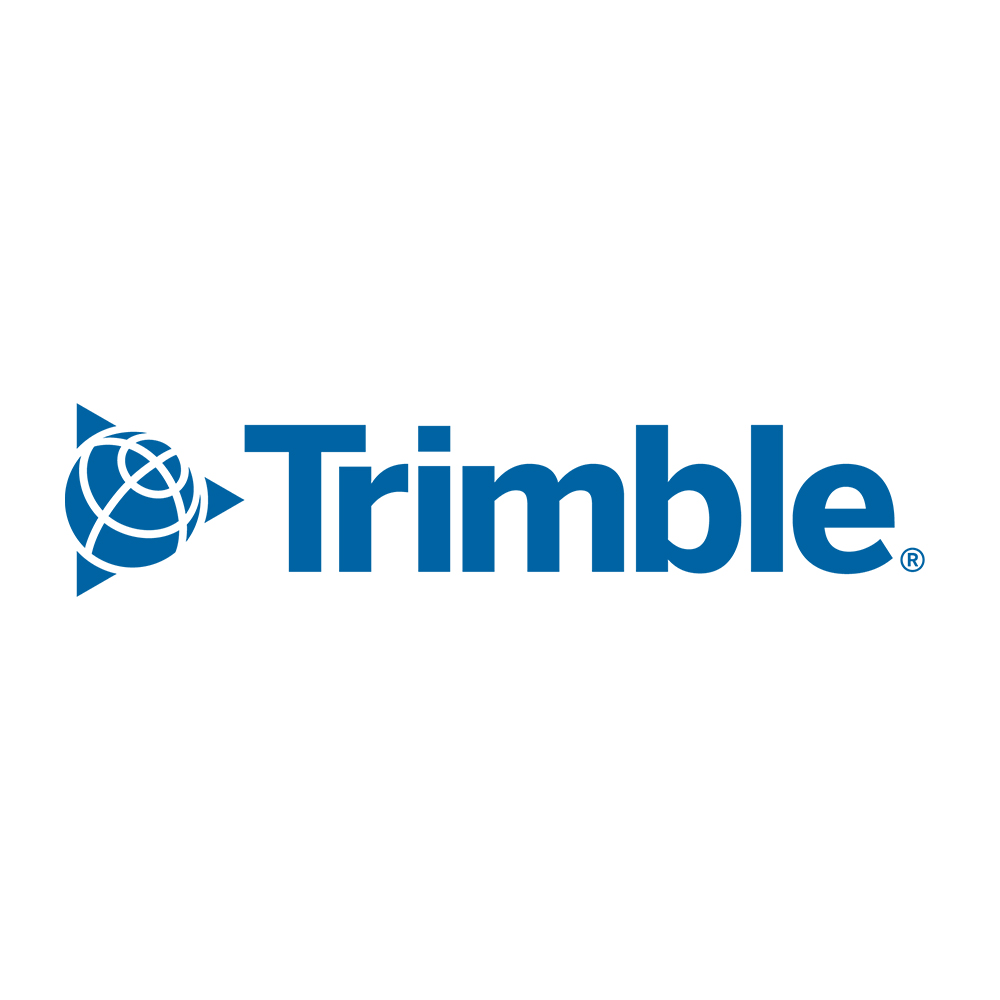The top six organizational suggestions from FHWA’s Expert Panel to build the framework to achieve digital project delivery


When it comes to digital construction, everyone is trying to answer the same questions: What data is important to retain? In what format?
According to an expert panel, including three state DOT leaders, at FHWA’s “Fast Forward Your Digital Roadmap” online conference in March, the answers are still coming into focus. But as different agencies are all tackling this problem, they did have some advice to impart. Below are some of the key takeaways:
#1. Define What’s Important to Know
The amount of data agencies can collect can be overwhelming. Matthew Miller, Director of Emerging Transportation Technologies at the Iowa DOT, said his agency can gather 275 lines of data on a single e-ticket.
Miller said, “taking stock of which standards you are using in your state, seeing where those gaps are, understanding who installed it, where they installed it, what the material is, and who it came from are all very valuable.”
#2. Ensure the Accuracy of the Data
It’s important to have good quality control procedures. Utah DOT’s State Standards and Design Engineer George Lukes said data errors can slow the transition and frustrate important private-sector partners.
“If you don’t have accurate data, the first thing people say is, ‘This is junk. Give me my paper back,’” he said.
Andrew Block, Senior Design Engineer at MDOT, agreed.
“It’s about that trust in that information,” he said. “User trust in our systems is something that can easily be broken.”
#3. Ensure Conformity Across Divisions
MDOT’s Block said through the process of developing its data standards, the agency realized different MDOT divisions were following different standards. Those kinds of inconsistencies can cause major problems. It takes time and work to ensure consistency across large bureaucracies.
#4. Make the Standards Legible
Iowa DOT’s Miller said he has had success simplifying standards for easier use by third parties in the field.
For example, he consolidated a 36-page FHWA report into a 6-page, abbreviated version for contractors to use on site. That was very effective, he said.
“In the field, the more straightforward I can get, the better compliance,” said Miller.
#5. Develop a data dictionary
More states are working to develop data dictionaries that codify and standardize data handling policies and procedures. Michigan DOT is one state that developed a data dictionary.
“We’re seeing a lot of benefits from that,” said the agency’s Supervising Director of Design Services Andrew Block.
#6. Seek Other Perspectives
Although DOT leaders are very knowledgeable, third-party stakeholders can offer invaluable insight about data points that may be valuable. Insights from contractors can be especially helpful and offer better understanding of how other agencies are approaching data management.
“It’s going to surprise you what people want,” said Miller. As an example, he said he was speaking with a classroom group focused on civil rights issues and they were curious about data from minority contractors.
“Other people are going to think of ways to use the data that we haven’t thought of.”










